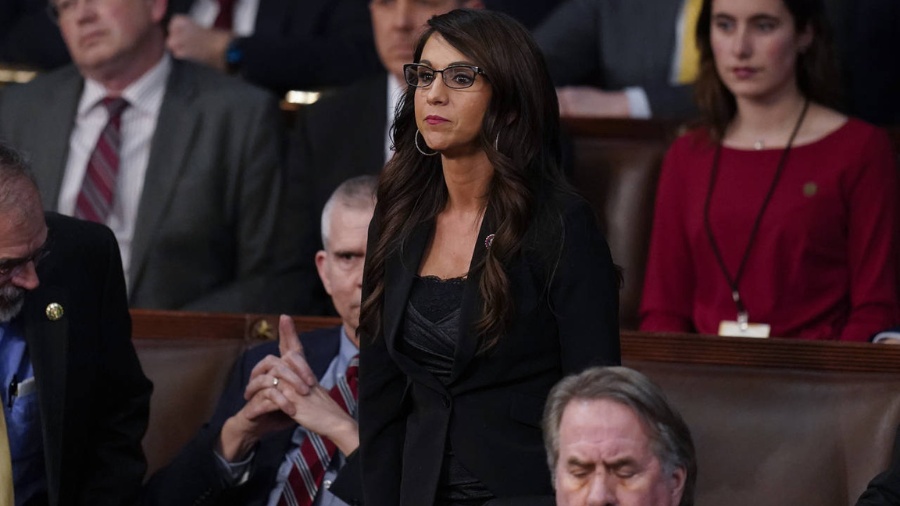WA group looks to fight ‘hate, anger, and ignorance’ surrounding former inmates
Jan 4, 2021, 10:51 AM
As Seattle continues to garner attention regarding crime and homelessness, people like Ari Kohn — who runs an organization known as the Post-Prison Education Program — are concerned about the stigma surrounding former inmates.
‘Seattle is Dying’ follow-up draws harsh criticism from homeless advocates
That was especially evident for Kohn after KOMO’s follow-up feature to its controversial “Seattle is Dying” documentary, which he worried drummed up more emotions than practical solutions when it comes to crime and homelessness in Washington.
“Until you do something about the hate and anger and ignorance that the general population has for former prisoners, you’re not going to solve this problem,” he told KIRO Radio’s Dave Ross.
Kohn’s privately-funded organization works to provide resources for those most in need, handing out money to get people into sober housing, stable work, and higher education. That entails helping people fresh out of prison onto any career track they can imagine, as a means to ensuring they don’t end up returning to a life of poverty and crime.
“Every job on Earth from culinary arts to ironworker, labor, to neurosurgeon is on this menu,” he described. “What do you want to be? And if they say electrical engineer, then we make it happen. If they say, ‘I want to be in the trades,’ we make it happen. If they say culinary arts, human services, nurse, I don’t care what they say.”
“Then we get them on the right campus, and then when problems arise, whether they’re simple, like writing a check for rent or groceries or a bus pass or somebody relapses, whatever it is … we deal with it,” he continued.
The program has seen significant success for those it’s helped, including Tarra Simmons, who was sentenced to 20 months in prison in 2011 for possession and intent to deliver Oxycodone, and unlawful possession of a firearm. In 2014, Kohn’s program helped get her into Seattle University’s law school, before ultimately winning a case before the state Supreme Court that permitted her to sit for the bar exam despite her previous conviction.
In November 2020, she became the first former inmate elected to the Washington Legislature.
Diverse ‘Seattle is Dying’ panel agrees city’s actions not working
“I was living homeless and on the streets in the foster care system; I had several crimes committed against me as a young girl and became a mother at 15 years old,” Simmons detailed, outlining a saga that saw the Post-Prison Education Program reunite her with her kids, mitigate a foreclosure, deal her consumer debt, and assist with a number of other “collateral consequences to a conviction.”
In 2021, Kohn hopes to convince state lawmakers to provide taxpayer funding for the program, after years of what he describes as “legislative cowardice” from Democrats and Republicans alike.
Eventually, he sees it as a method that could actually end up “decreasing taxpayers dollars spent on repeated incarceration.”
You can read more about the Post-Prison Education Program’s mission here.
Listen to Seattle’s Morning News weekday mornings from 5 – 9 a.m. on KIRO Radio, 97.3 FM. Subscribe to the podcast here.














